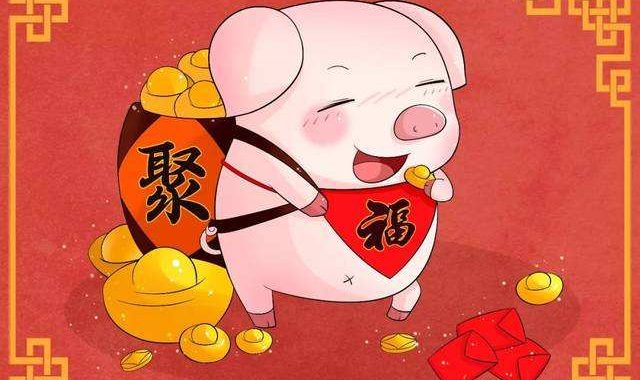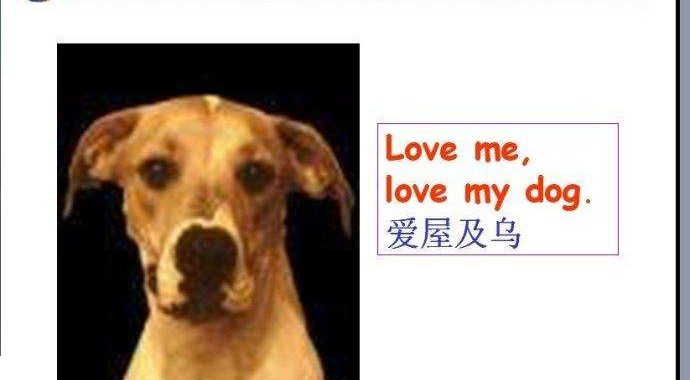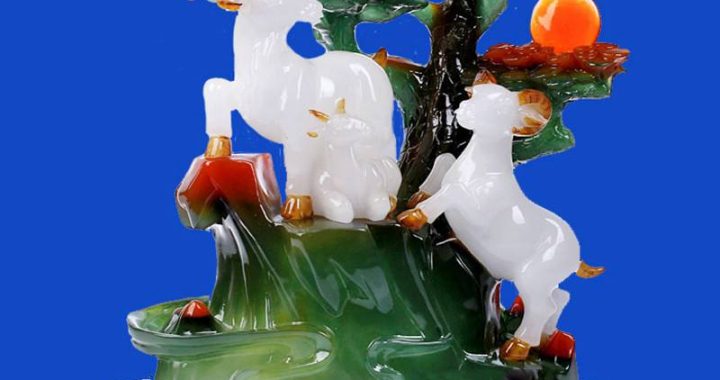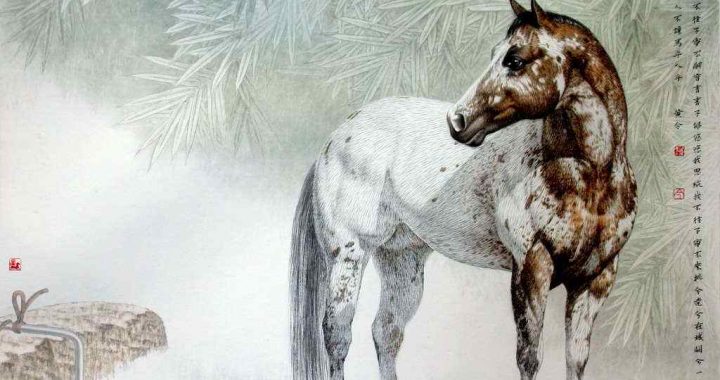Food and hierarchy:eating by the numbers
3 min readAccording to Zhou Li(Rites of the Zhou),food service for the Zhou court was handled by a staff of over 2300 people,working in twenty different bureaus.In addition to cooks and kitchen help,these workers included a large corps of officials responsible for enforcing the complex system of food protocol.This system was based on the hierarchical organization of feudal China’s society and government.The rank of the members of the court,from the emperor on down to the dukes,lords,and various officials,determined the order in which they were served,the number and type of dishes they were given,the tableware they used,and what kind of music and dance was performed for them.
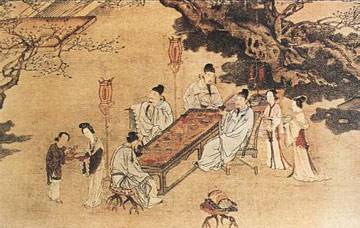
Detail of Bin Feng Tu(A Banquet in the City of Bin),by Ma Hezhi(dates of birth and death unknown);
Southern Song Dynasty(1127-1276AD)
According to an ancient Chinese saying,”The mighty and the humble must keep to their stations.”
The essence of China’s hierarchical society was maintaining a clear distinction between rulers and officials,elders and juniors,and superiors and inferiors.These divisions were enforced through a comprehensive system of institutions and rites,exemplified by court food protocol.Rank and status were reflected in tableware as well as food.For instance,officials ate out of iron dings(tripod vessels),lords used bronze dings,dukes were given bronze dings inlaid with silver,and the emperor was served in dings inlaid with solid gold.Every aspect of food preparation and dining was controlled by complex rules and rituals.
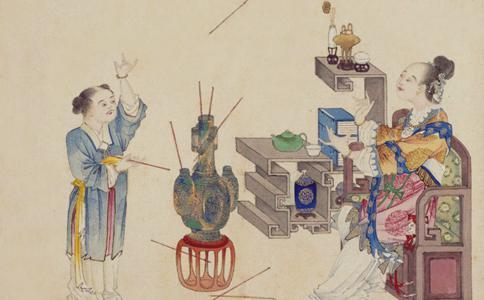
By the time of the Western Zhou Dynasty(1046-771 BC),the ding had come to be regarded as a symbolof authority.At formal state banquets,the emperor’s place was set with nine dings,dukes were given seven,lords had five,and officials had three.When Duke Chu Zhuangwang(reigned 613-591 BC)seized power of the State of Chu during the Spring and Autumn Period(770-476 BC),the Zhou emperor dispatched an emissary to extend his regards.When the Duke of Chu asked the imperial emissary how many dings the Zhou emperor had and how heavy they were,the other dukes immediately suspected that Chu Zhuanwang had designs on becoming emperor himself.The phrase “to seek the ding,”meaning to pursue ultimate power,is still used today.
Prior to the invention of tables and chairs,banquets were conducted on mats on the floor.A botttom mat of coarsely woven bamboo was laid down first,and then covered with several layers of finely woven reed mats known as xi.The number of mats granted corresponded to the rank of the diner.
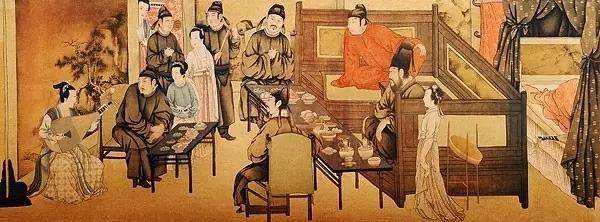
Status was also reflected in the number of dishes eaten by people of different ranks.The emperor was served thirty-six dishes, dukes twelve, and lords six to eight. The Confucian philosopher Mengzi(372-289 BC) said,”Three types of people receive the most respect: the virtuous, the powerful, and the elderly.”Li Ji(The Book of Rites) records that at banquets held by the common people, it was customary to show respect for elders by serving those over the age of 60 three dishes, those over the age of 70 four dishes, those over the age of 80 five dishes, and those over the age of 90 six dishes.
